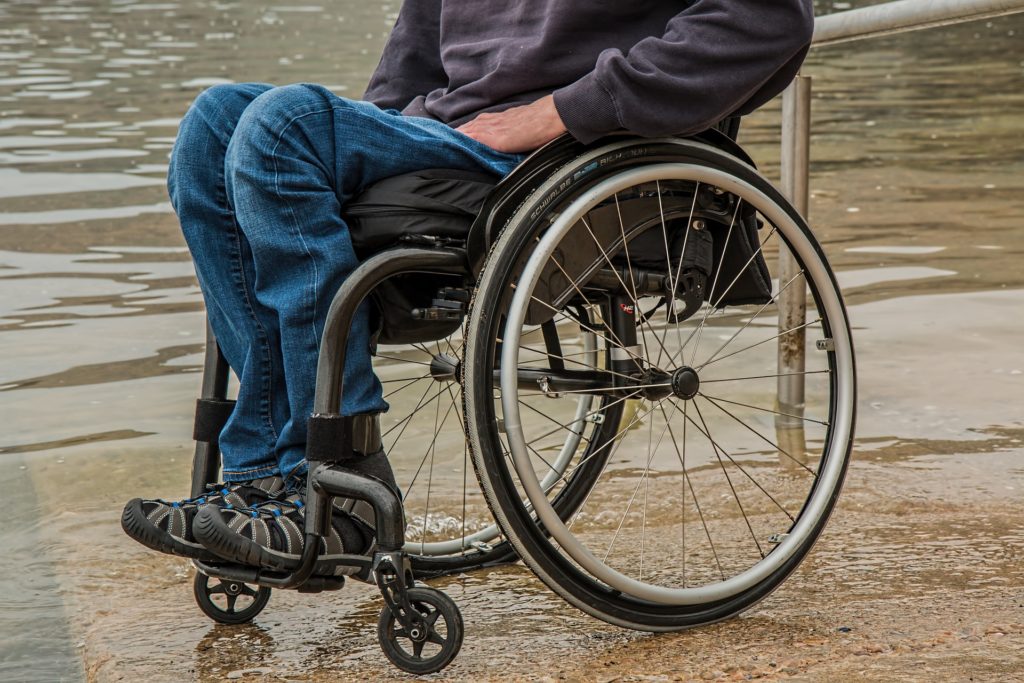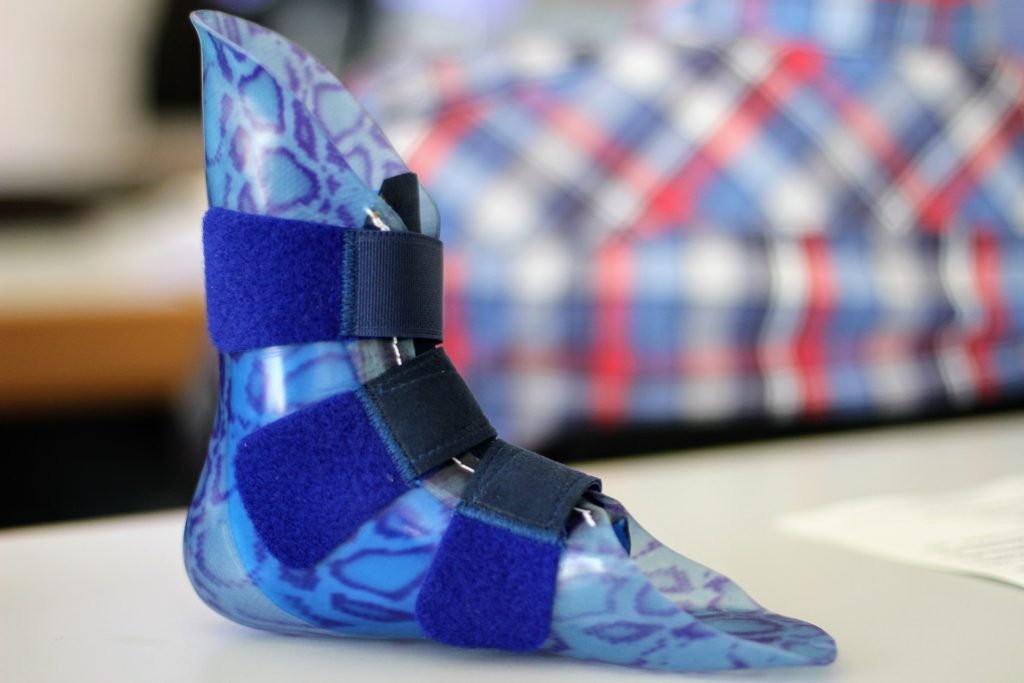6 Surprising Conditions That are Eligible for a Disabled Parking Permit

While a disabled parking permit can offer a lifeline to many people with disabilities, people often assume that they are only granted to people who are in wheelchairs. However, the truth is that, depending on the state that you live in, there are many conditions that may qualify you for a handicap parking space. You also don’t need to be a driver. If you have a permit and someone is driving you, they can use the disabled parking space.
1. Cardiac conditions
You may not think that a heart condition could qualify you for a disabled parking permit, but if you’re living with a severe illness, it could allow you to live a more comfortable life. If you have a Class III or Class IV heart condition, as defined by the American Heart Association, you may be able to get a handicap parking permit. This is because many cardiac conditions have associated mobility issues and those who suffer from these conditions will benefit from being closer to services that have disabled parking space.
2. Poor vision
Depending on the state you live in, poor vision may qualify you for a disabled parking permit. This could mean having a visual acuity of 20/200 or less in the better eye with correcting lenses, or having a visual acuity of 20/200 but with a limited field of vision in which the widest diameter of the visual field subtends an angle of 20 degrees or less. Keep in mind that if your vision is very poor, you may not be able to drive yourself, but your condition may allow you to have an accompanying driver use a disabled parking permit as long as you are with them when they use it.

3. Lack of use of one or both arms
A physical disability in one or both arms doesn’t have to limit your ability to drive. There are many alterations and accommodations that can be made to cars, but if you have a disability that affects one or both arms, you may be able to use a disabled parking space. This could be anything ranging from a deformity, amputation, or any other disability that affects the arm, including spasms or joint disorders. Hand disabilities may also be covered, but this is something that should be checked with your local DMV.
4. Use of portable oxygen
Portable oxygen is a requirement for people who suffer from a wide variety of conditions. It is most commonly associated with lung or pulmonary disorders, but it may be required for other reasons. These conditions can be hereditary and lifelong, such as cystic fibrosis, or can develop over time for numerous reasons, such as emphysema. Requiring portable oxygen may or may not affect your ability to drive, so it may be necessary to speak to your doctor before getting behind the wheel, but if certain accommodations can be made to your vehicle and you can obtain a disabled parking permit, there is no reason why you can’t maintain independence with your oxygen tank.
5. Poor ability to walk
If you have limited mobility, you may be entitled to use a disabled parking permit even if you aren’t using a wheelchair. “Limited mobility” is usually quantified as being unable to walk a set number of feet without requiring a rest. Depending on where you live, this can be as low as 50 feet and in others it can be as high as 200, so it is advisable to speak to your local DMV to see what the requirements are for your state.

6. Use of a prosthesis
Using a prosthesis, even if it doesn’t affect your mobility or ability to walk or run, may make you eligible for a disabled parking permit. Depending on the state that you live in, any form of prosthetic can be considered, including hands, feet, and legs. While it may not actively impact your life, you may find that using a disabled parking space could aid you in lessening the effect that the prosthetic has on you. If you have issues with comfort and your prosthesis, it may help you to have to walk less and a more convenient handicap parking space may aid in this.
The best thing to do if you’re unsure of your eligibility for a disabled parking permit is to talk to your doctor or another medical professional who is familiar with disabilities. They will be able to give you specific advice to your situation and may be able to help you in filling out the relevant paperwork. It’s also worth checking what the requirements are in your state because it can vary across state lines. Either way, make sure you get what you’re entitled to.